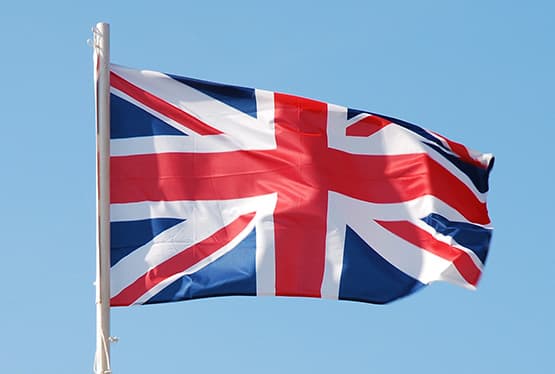Remote Gambling Association Announces Self-Imposed In-Game TV Ad Ban
The Remote Gambling Association (RGA), which represents many of the United Kingdom’s largest sports-betting firms, has announced a “whistle to whistle” ban on TV ads running on UK television during most broadcasting hours. The self-imposed ban has been discussed for several years amongst several responsible-gaming measures, but garnered increased attention during the UK’s recent crackdown targeting several forms of perceived lack of care toward the country’s gambling public.
No date has been announced for the self-imposed ban to be implemented. The ban will also include brief pre-game and post-game periods, likely meaning the duration of the actual programming block containing the live event. Also, any games or events starting after 9 pm UK time won’t fall under the ban, though that amounts to only a small percentage of UK- and Europe-based events.
Horse racing will be exempted from the ban, given that industry’s virtual dependence on the TV medium for survival.
Discussions about such a voluntary ban had been bandied about for quite some time. Back in 2014, the concerns led four of the largest UK-facing firms, William Hill, Ladbrokes Coral, Sky Betting and Gaming, Paddy Power, to form the Senet Group, a responsible-gambling initiative. While the Senet Group took on a slightly different form, the four firms are all RGA members and likely had much to do with the creation of the self-ban.
Exactly how unanimous the self-ban is among the RGA companies is also a bit uncertain, though it appears to be a large majority. Nonetheless, despite the RGA being declared the hub of the “whistle to whistle” ban, the organization had yet to make a formal statement at its own online hub. Instead, the BBC cited an unidentified RGA exec as saying, “The Gambling Industry Code for Socially Responsible Advertising is reviewed annually, and several options are currently being considered as the basis for possible enhancements in 2019. However, nothing has yet been finalised.”
Though no specific date has been set, the ban is expected to come into force with the start of England’s 2019-20 football season. Industry officials and RGA executives will be meeting again with UK legislators in the near future, when this and other details are to be cast more firmly in stone. The effects of the ban are likely to cause a financing and marketing transition in the English football world, where many clubs have expensive advertising partnerships with prominent sportsbooks.
Whether or not the sporsbooks themselves are the bogeymen in this issue doesn’t quite tell the true story. Many British outlets following the story of the ban instead lay heavy responsibility on the country’s broadcast industry instead, for actively expanding the televised-sports niche without a full range of advertisers available — other than sports books. And whether the volume of in-game ads from books had truly reached the “crisis” stage — as Labour MP Tom Watson has claimed — is also debatable. Sometimes the market itself defines its contents.
Nonetheless, amid the multi-faceted crackdown against UK-facing gambling companies in recent years, the self-imposed ban plays well. To some extent it may defuse claims that the in-game ads are particularly troublesome to the hundreds of thousands of sports fan and bettors who the industry’s opponents claim are unduly susceptible and at risk of problem-gambling behaviour from such advertising. Had the industry chosen to fight this battle, the outcome could have been even worse, up to a total ban on all such gambling ads from England’s airwaves. Thankfully, the situation hasn’t reached that level yet, and the RGA firms’ move should forestall such ideas for some time to come.






